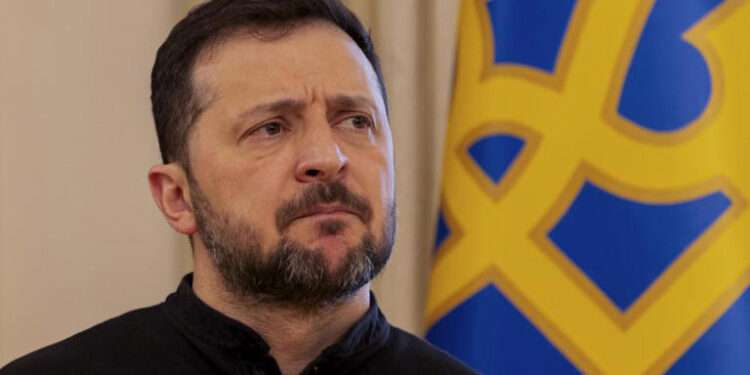A Ugandan court has ordered security forces to cease surrounding the home of opposition leader Bobi Wine, who has been under house arrest since the January 14 presidential election.
Security personnel have blocked the 38-year-old pop star-turned-politician from leaving his house in a suburb of the capital Kampala since he voted in the election where he ran against long-serving incumbent President Yoweri Museveni.
Ugandan authorities said Mr Wine can only leave his home under military escort, because they fear his presence in public could incite rioting.
But a Judge has said in his ruling that Mr Wine’s home was not a proper detention facility and noted authorities should criminally charge him if he threatens public order.

Mr Wine’s lawyer George Musisi told reporters; “The Judge ordered that the state and its agencies should immediately vacate his property and his right to personal liberty should immediately be reinstated.”
Police spokesman Patrick Onyango has however told reporters when quizzed about the ruling that he has no immediate comment as “the ruling has not been received.”
Museveni, 76, who has been in power since 1986, was declared winner of the poll with 59 percent of votes versus 35 percent for Bobi Wine.
The opposition frontrunner has rejected the result alleging fraud, which the government denies.
Prior to the court’s ruling, Bobi Wine announced that he had filed an arbitrary detention complaint to the United Nations.
“Nigerian human rights lawyer Femi Falana has filed this complaint on my behalf to the UN Working Group on Arbitrary Arrest. We are challenging my continued illegal confinement by the Ugandan police and the military,” he tweeted.
The military also stopped US Ambassador Natalie E. Brown from visiting the opposition leader’s residence, according to a statement by the country’s US embassy. The embassy said Ms Brown wanted to check on the “health and safety” of Wine.
The Ugandan government however accused the United States of trying to “subvert” the presidential elections.
Government spokesman Ofwono Opondo said Brown had no business visiting Bobi Wine.
“What she has been trying to do blatantly is to meddle in Uganda’s internal politics, particularly elections, to subvert our elections and the will of the people. She shouldn’t do anything outside the diplomatic norms.”
Mr Opondo also claimed that Ms Brown had a track record of causing trouble in countries where she has worked in the past.
“The government was watching her,” he added.
Ugandan authorities also denied accreditation requests made by the United States to observe the Jan. 14 Presidential and Parliamentary elections in the East African country.
Kristof Tetica, a Professor of international development at the University of Antwerp, has noted Museveni’s relations with the international community took a turn for the worse since November, when the president blamed anti-government demonstrations on “foreign groups.”
He added donor support from the international community has been crucial to Museveni’s government since the mid-1980s.
“Particularly, the US has been a key ally of Uganda. On average they support Uganda with $970m a year, they’ve given military support. The country is seen as a key source of stability in the region, and that has given Uganda leeway for transgressions like corruption.”























